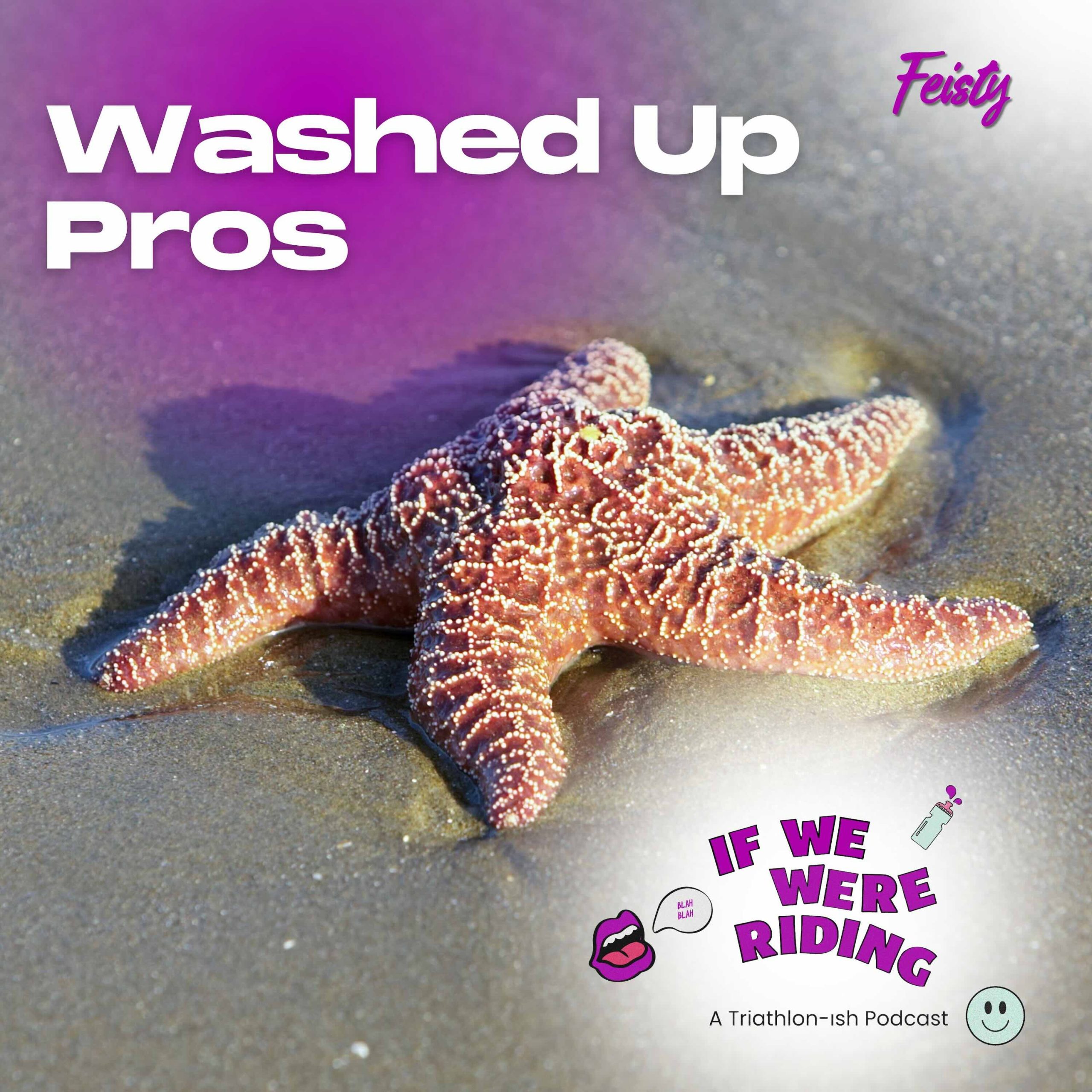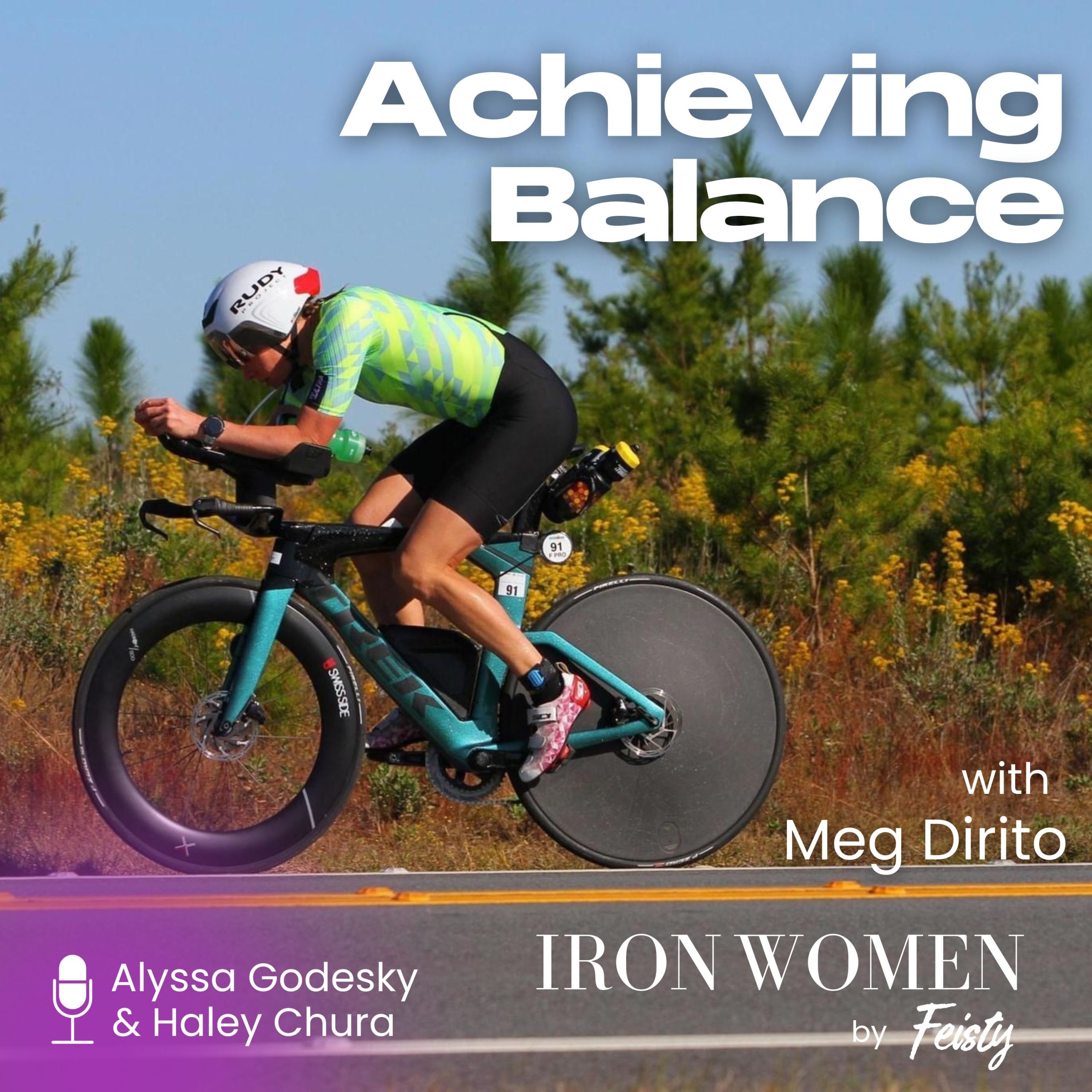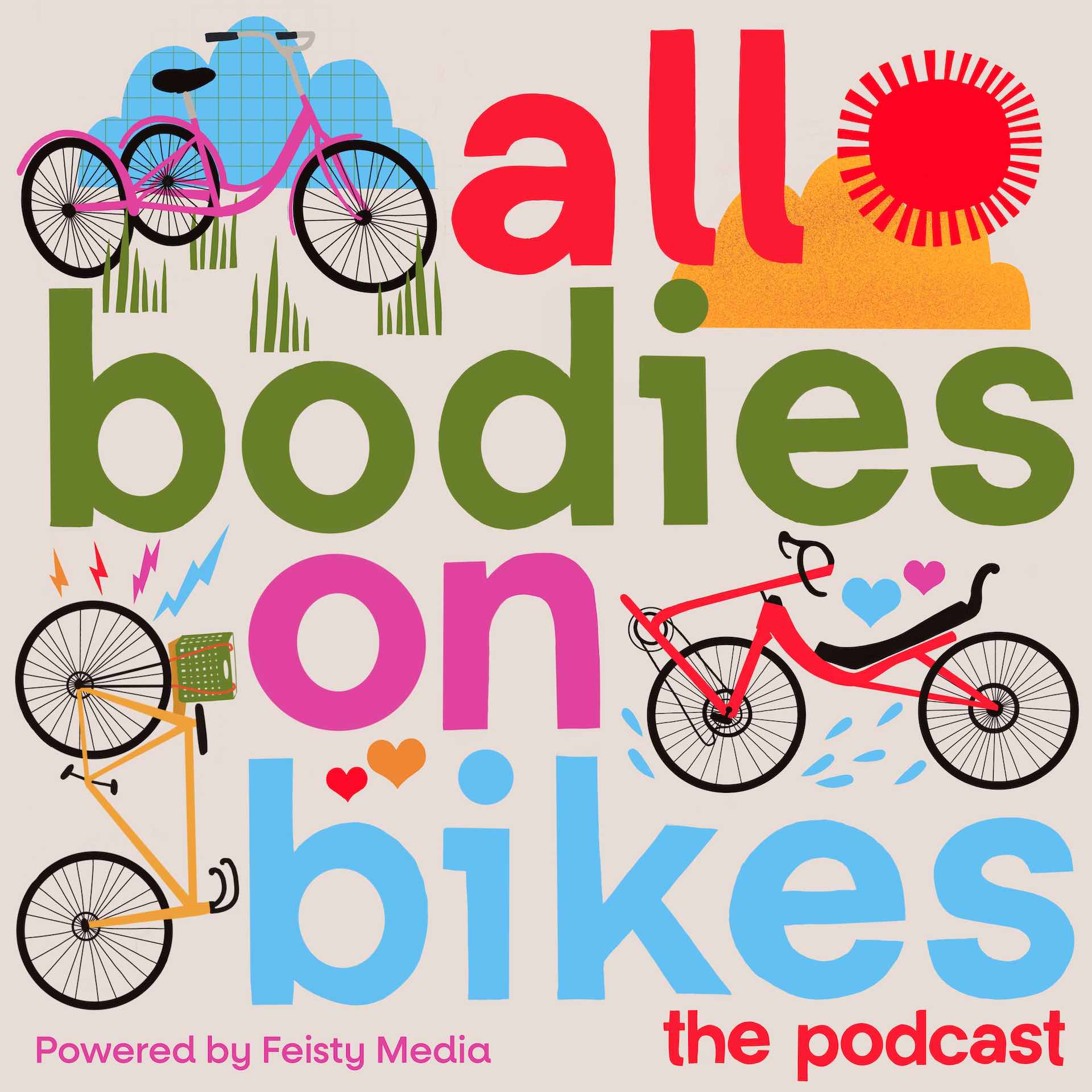June 8, 2020
In Black & White

A reflection on race and identity from Live Feisty’s Senior Editor.
June 8 2020
By: Taylor Mahan-Rudolph
I often wonder what it must be like to be a man. Or more specifically a white man. To be able to wander and explore uninhibited in the world. To not rise to the level of a symbol of your category, be that female, person of color, immigrant, or gay.
To never have to hear the words, “the first female…” or the “first African American…” but instead to be you on your own merit, purely on the basis of what you’ve been able to accomplish. Whether that is an athlete, a scholar or a tech entrepreneur. Or at least, to be able to believe that what you’ve been able to accomplish has been free of outside influences.
For the rest of us, we live in awareness that our existence can boil down to a statistic. Where our unique identity can be erased in an instant when something more important in our story emerges.
As a woman of color who has been in the tech industry and now in media and triathlon, the sad reality is that I’m used to being the only woman of color at the table. After going to school in the Midwest, I was often the only person of color in most situations. I would shift uncomfortably in my seat when matters of race came up in class, aware of the inevitable focus on my perspective, and of suddenly being ousted as an “other.” As if I had been able to slip under the radar up until the point the spotlight shone.
When the Ahmaud Arbery case hit mainstream running media I was drawn to his story. As a woman, I usually fear for my safety due to my gender over my race but now I found a new fear looming in the shadows. If this could happen to him, could it happen to me?
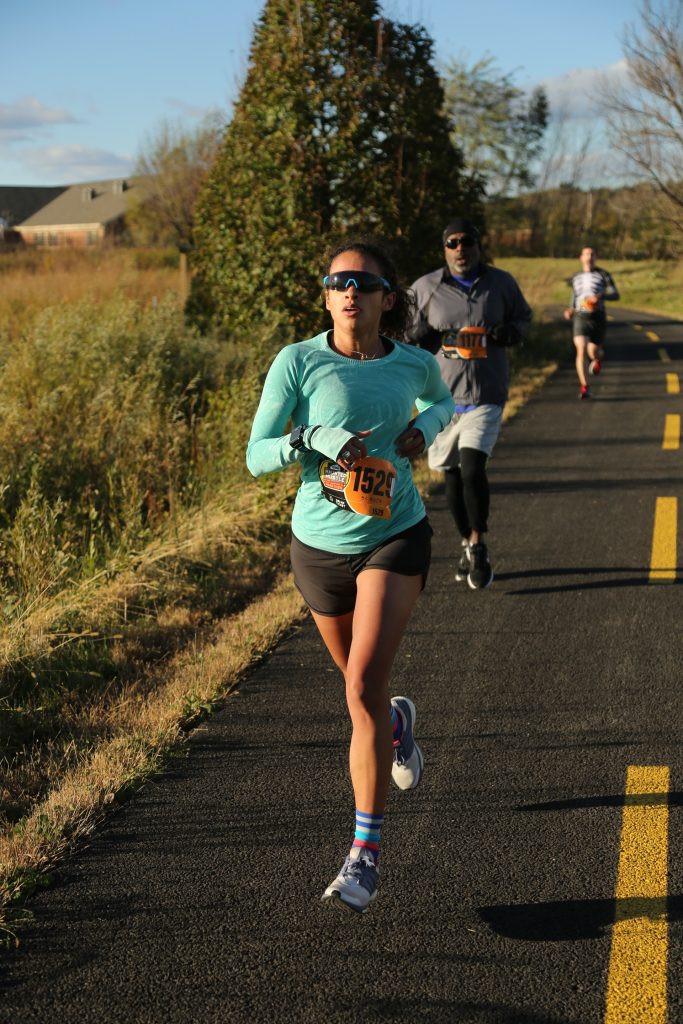
For Ahmaud Arbery his story now becomes that he was a black runner. And yet another black man killed due to the vestiges of racism and white supremacy that stains our country. He is no longer a 25-year-old man jogging down the road on a training run but instead a symbol. A cause.
History’s preoccupation with “first” inevitably leads some to believing that progress has been made and that the issue is now resolved. To think, “whelp, now that we got that out of the way all is forgiven and fixed.” It felt that way when Barack Obama was elected as the forty-fourth president. We all collectively glowed with pride that our country had progressed past the wounds of slavery and civil rights. Some even saying we had evolved to the point of a post-racial America.
But the first black president is like the first black millionaire or the first black Olympian. Who follows and what road exists for them to travel on? After the glory of being the first is gone, how do we extend the ladder for those climbing behind us? How do we raise the tide for all boats?
For Ahmaud Arbery, his story is not over. Our duty is not only to remember the injustice he faced jogging down the street in a Georgia neighborhood before he was gunned down and killed prematurely, but to remember that just like the rest of us, he was someone who was just out one morning enjoying the early calm air, listening to his breath and feeling his footfalls on the pavement.
He may have even not felt like running that morning when he laced up. He may have decided to go a little longer than normal because he felt good. He was like every other runner out there, until someone decided that he wasn’t.
Over the last couple weeks, the Ahmaud outrage turned to disbelief over the Christian Cooper video then to the murder of George Floyd. Suddenly the rage was palpable in the air again. Everywhere on social media there have been cries for reform, for remembering black lives matter and for us all to stand in solidarity with a community that has been broken once again.
And again, my race comes into focus. I remember that I am them too. That is me.
I naively choose to see myself as individual first, rather than part of a group or collective. Being bi-racial and from both white and black backgrounds, I refuse to not only see myself as part of the group but I also do not neatly fit within one. I don’t have a clean label. But the world sees me differently. And all it takes is for some other pressing instance to take hold and the label of “person of color” or black is what I will bear first.
The pandemic brought the world into focus in a new way. We were flooded with constant updates and metrics. There was uncertainty and anxiety in the air and my apartment lobby’s TV was tuned in twenty-four hours a day on mute, but with the captions and headlines scrolling by. “DEATH TOLL” “EPICENTER” “PANDEMIC” flashed by in black letters.
We’d glance at the updates passing through the doors to the grocery store and be on our way. CNN provided a quick pulse for the situation at hand.
Weeks went by and with it the start of masks, the higher toll and the sustained lockdown. And one day the TVs were off. The black screen and silence hung in the lobby where the sun filtered in. It was eerily calm and quiet but almost peaceful.
When the TVs were turned back on, the Food Network was the channel of choice. The news gloom and doom was gone and instead sunny images of Guy Fieri, Supermarket Sweep and happier times.
Someone couldn’t take it anymore. They were fed up with the darkness of the world and got the proverbial channel changed on the life of the apartment building.
Let’s talk about happier things. Let’s focus on the good and get a break from all the depression we’re all feeling during lockdown.
But today it also feels larger. Someone turned off the conversations of the injustice and of the protests.
I can walk out of my apartment today and see “COPS KILL” in chalk on my street corner and graffiti on the signs. A lingering reminder of the protests from the weekend against police brutality and the fate of George Floyd.
It’s the ultimate privilege to be able to turn the darkness off. To turn away when bad things happen and to ignore the truth. It’s privilege that allows us to turn our heads away when we see injustice happening, because it doesn’t affect you.
And for a long time I thought I could do that too. That being bi-racial meant that I was always somewhat removed from the struggle. And that somehow if I was successful, making six-figures or in a mostly white neighborhood that I was no longer a part of the injustice that permeates the black community. If I could just become far enough removed, that struggle wouldn’t touch me. And it would no longer be my struggle.
But that’s not how race works. No matter what your paycheck says or what committee you sit on, what you’re wearing or how you speak, at the end of the day my skin is unchanged. Most Americans will always see me as black the same way Obama is black.
My blackness is always there and it is a color you cannot unsee.
The resurgence of the Black Lives Matter movement is not a trend. It is not something to be turned off when we all get sick off talking about it. It’s not something that doesn’t affect you because you believe you make the “right” decisions, have black friends, or even when you choose to look away.
We can’t change the channel when we’re bored or when the conversations are too hard. We have to suffer through to the next wave of change.
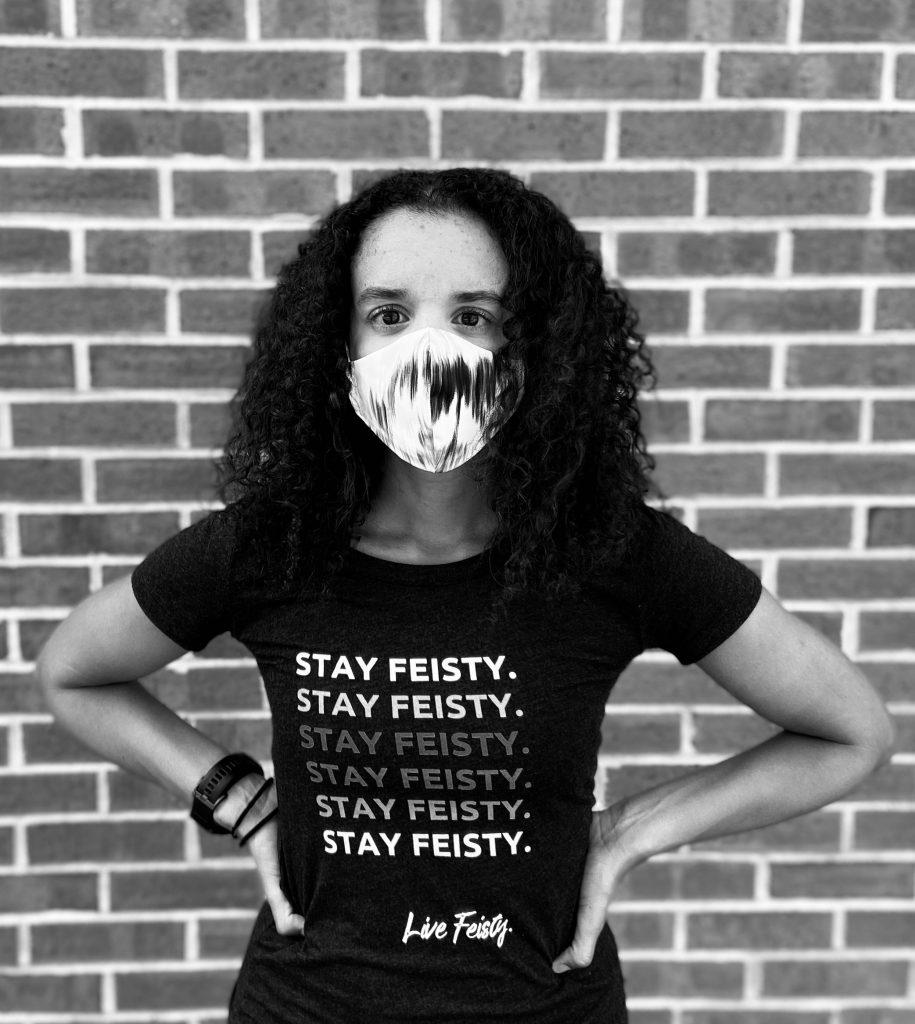
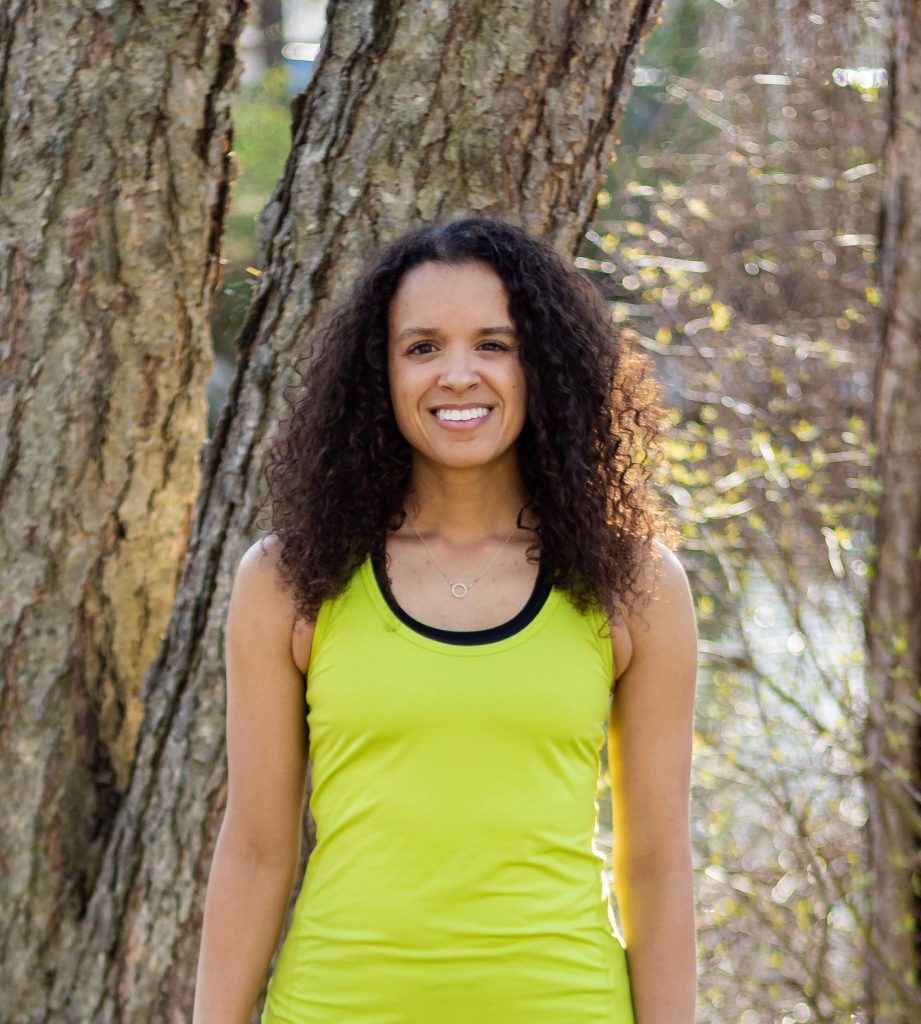
Taylor Mahan-Rudolph is a Senior Editor for Live Feisty Media and a triathlon coach. Before working in triathlon, she studied art and worked in management at a medical device start-up. Taylor lives in Madison, WI where she trains & races long course triathlon.


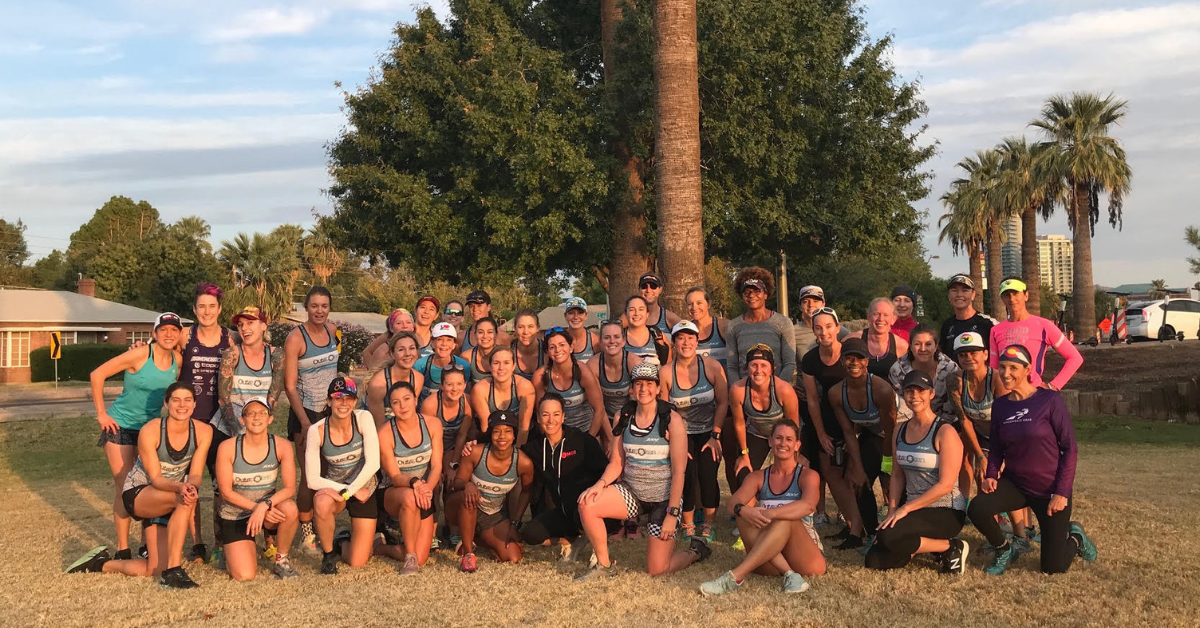 Outspoken Women in Triathlon Summit Returns Bigger than Ever
Outspoken Women in Triathlon Summit Returns Bigger than Ever  Driving the Lamborghini: Productivity and the Power of Paper
Driving the Lamborghini: Productivity and the Power of Paper 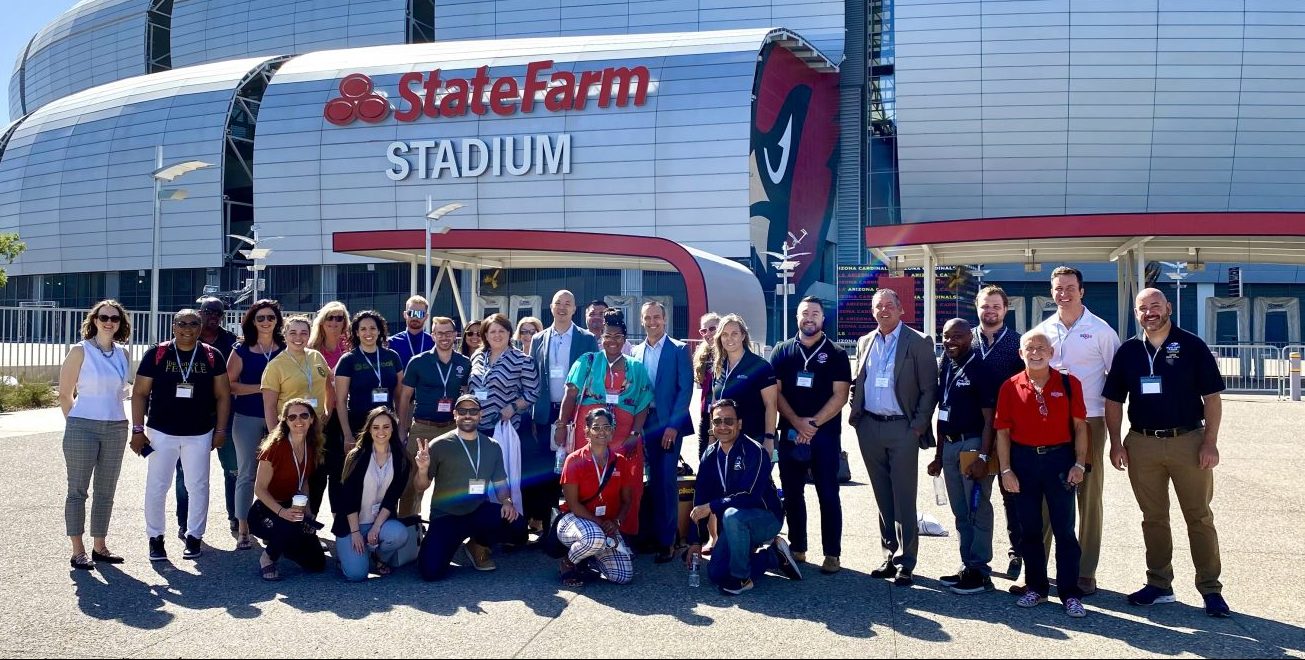 5 take aways from the Compete Sports Diversity Summit
5 take aways from the Compete Sports Diversity Summit  Simple Tips to Hone Your Bike Handling Skills
Simple Tips to Hone Your Bike Handling Skills 
